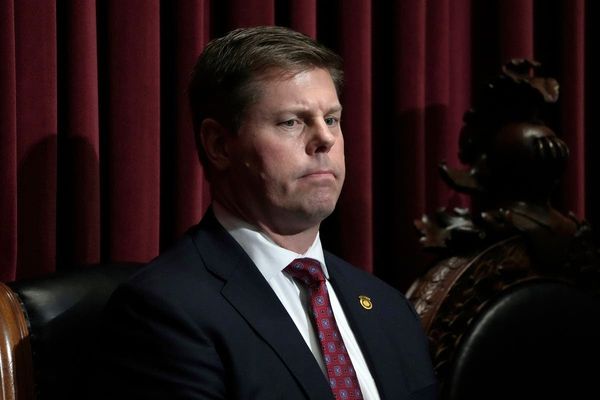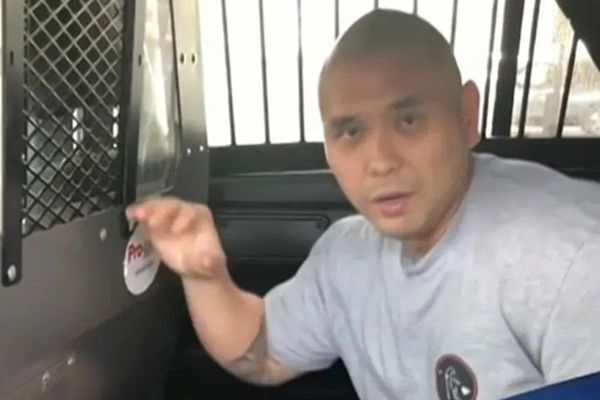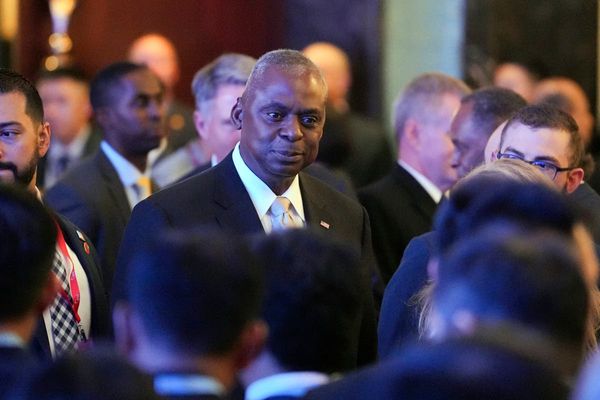The EPA’s recently finalized rule intended to help downwind states reach air quality standards has drawn the ire of Republican leaders who have questioned whether the agency has adequately considered its effects on industry and electric generation.
On March 15 the EPA finalized its “good neighbor” plan, which aims to reduce cross-state smog pollution from power plants and other industrial sources by requiring the use of emissions reduction technologies. Beginning during this year’s summer ozone season, power plants in 22 states will be required to participate in a revised cap-and-trade program where the agency sets emission budgets that will decline over time.
The agency estimated that the plan will reduce ozone-forming nitrous oxide emissions by approximately 70,000 tons during the 2026 ozone season. It also estimated it will prevent 1,300 premature deaths, reduce hospital visits and could have economic benefits as high as $15 billion, which it said would far outweigh the cost of compliance.
The rule was met with skepticism from many Republicans and industry groups. At a hearing last week on the rule, Senate Environment and Public Works ranking member Shelley Moore Capito, R-W.Va., referred to the rule as “targeting states that are energy suppliers and in our nation and our industrial heartland.”
The EPA estimates that there will be a 1 percent increase in retail electricity prices on average across the contiguous U.S., coal-fired electricity generation will decline by an estimated 4 percent while natural gas and renewable electricity generation are estimated to increase by 2 percent and 1 percent, respectively.
Legal challenges to the rule, which will take effect in May, are anticipated.
Courts have upheld the agency’s ability to use this budgeting, most recently on March 3 when the D.C. Circuit Court of Appeals upheld a 2021 cross-state air pollution rule in the face of a challenge brought by the industry-backed Midwest Ozone Group, which argued the agency made both legal and technical errors.
EPA authority
However, at the hearing Sen. Cynthia Lummis, R-Wyo., questioned whether the budgeting system outlined in the rule was effectively an example of the EPA ordering a shift from one power source to another, which was barred by the Supreme Court in last year’s ruling in the case of West Virginia v. EPA.
There are also legal challenges from states that may affect the plan’s implementation. Under the Clean Air Act, states are responsible for developing state implementation plans to ensure they meet National Ambient Air Quality Standards. The federal government can only implement a federal implementation plan, such as the good neighbor plan, if it finds that the state implementation plan is deficient.
On Feb. 13 the EPA disapproved of the SIPs for 21 states, all of which were covered under the good neighbor plan. In response Republican leaders in Utah, Texas and Arkansas have already filed legal challenges to these disapprovals.
“The EPA had no good reason to reject Texas’ state implementation plan beyond simply wanting to exert more federal control,” Republican Attorney General Ken Paxton said in a statement.
At last week’s hearing, Chris Wells, executive director of the Mississippi Department of Environmental Quality, raised similar objections to the SIP approval process and said the rule will require reductions that are disproportionate to his state’s emissions. He questioned the modeling used for the plan.
“We simply are not convinced that we have any actual impacts to Texas air quality,” said Wells. “And the process that EPA followed here did not afford us the opportunity that we should have been given to really evaluate that modeling.”
The rule does allow for states to submit a good neighbor SIP to replace the requirements of the rule at any time, subject to the approval of the EPA.
With Republican concerns about the rule, Capito asked Carper whether there was favoritism in the final rule noting that his and President Joe Biden’s state, Delaware, along with Wyoming and Tennessee, were removed as potentially covered states before the rule was finalized.
“The only state that was dropped from this was Delaware. Now with all due respect to the chairman, that’s an interesting omission, isn’t it?” Capito asked. “You and somebody else we know well is from Delaware, right?”
“Chris Coons,” Carper joked.
The post Republicans question EPA ‘good neighbor’ rule appeared first on Roll Call.







